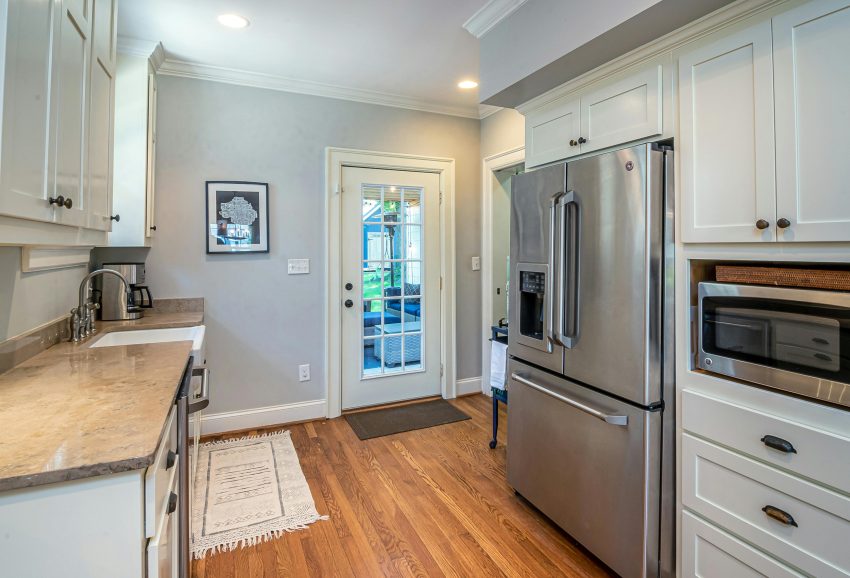When investing in home appliances, your fridge or freezer is one of the most essential purchases. It plays a critical role in preserving your food, reducing waste, and keeping your meals fresh for longer. However, not all fridges and freezers are created equal. Here’s how you can determine if yours is up to the mark or if it’s time to start exploring an upgrade.
Consistent Temperature Control
A high-quality fridges freezers will consistently maintain the appropriate temperature required for food safety and preservation. Refrigerators should keep the temperature between 1°C and 4°C, while freezers should hover around -18°C. Check for any noticeable fluctuations in temperature, as these can lead to food spoilage or unsafe conditions. Many modern options now come with built-in thermostats or digital displays, making it easy to monitor the temperature accurately.
If you notice frost build-up in the freezer or inconsistent cooling in the refrigerator section, it may indicate poor performance or an ageing model. Temperature stability is the backbone of good refrigeration systems, ensuring your food stays fresh.
Energy Efficiency
Energy-efficient refrigerators and freezers not only reduce your carbon footprint but also help you save on electricity bills. Look for an energy efficiency rating, such as an A+++ or similar label in your region. Newer models are often designed to consume less energy while delivering excellent performance.
To check your current appliance, compare its power consumption with the average figures for its category. If your electricity bills are higher than expected, an inefficient refrigerator or freezer could be a contributing factor. Upgrading to an energy-efficient unit may reduce your running costs significantly over time.
Storage Space and Organisation
A good fridge or freezer provides ample storage tailored to your household’s needs. It should allow you to store items in an organised way, making it easier to access all your ingredients quickly. Adjustable shelves, door compartments, and sections for specific items such as fruits, vegetables, or frozen foods are critical features to look out for.
If your appliance feels cramped even when it isn’t particularly full, or if the layout makes it challenging to find items, it might not meet modern design standards for practicality. Storage should be as much about function as capacity, helping you preserve more without sacrificing accessibility.
Effective Insulation
Insulation is key to maintaining consistent internal temperatures, especially in environments prone to fluctuating external conditions. Weak insulation can cause your fridge or freezer to work harder than necessary, increasing wear and energy consumption.
An easy way to test insulation is to check for gaps in door seals or for condensation on the exterior. If the door doesn’t close properly or the seals seem loose, it could compromise the appliance’s ability to retain cold air efficiently.
Reliability and Durability
Your fridge and freezer aren’t appliances you should worry about frequently replacing. A reliable model, backed by a strong brand reputation and customer reviews, should last you for years without major issues. Signs that an appliance is reaching the end of its lifespan include strange noises, excessive frost buildup, and consistent underperformance.
Reliable refrigerators and freezers often come with warranties or service guarantees, giving you peace of mind when making a purchase. If your current model breaks down often or requires constant repairs, it may be worth investing in a higher-quality, more dependable choice.
The Bottom Line
A good fridge or freezer combines efficient and consistent cooling, energy-saving technology, practical storage solutions, and reliable build quality. While your current appliance may still be functional, evaluating its performance in these key areas can help you decide if it’s time for an upgrade.
If you’re on the hunt for an energy-efficient refrigerator or freezer with the best features, start by comparing models within your budget and focus on those that meet high standards for temperature control, efficiency, and durability. Investing in a high-quality unit will serve you in the long run, protecting both your food and your finances.

